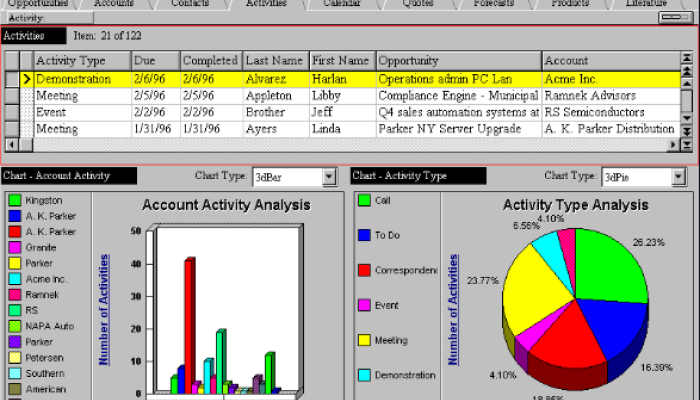
Most of us know someone who's a real estate agent. In fact, some of the people reading this might be real estate agents themselves. Here are a few facts about real estate agents in the US:
- Only 37% of realtors are men, the rest are women.
- 43% of realtors possess a Bachelor degree and higher.
- The median age for a real estate agent in the U.S. is about 54 years.
- Every fifth real estate agent has possessed a license for less than one year
- Every fifth real estate agent lives in California
But how did the modern real estate agent come to be? The earliest recorded transactions of home sales date back to 1890. It was around this time that the first real estate association in the country was set up, an effort that did not initially succeed. However, it laid the groundwork for what would eventually become the National Association of Real Estate Exchanges in 1908.
The Wild West of Real Estate Sales
Still, before the establishment of widespread industry regulations in 1919, anyone could act as a real estate broker. This era was often described as the “Wild West'' of real estate sales, characterized by the absence of strict regulations, licensing requirements, and exclusive agreements, allowing unscrupulous agents, known as "curbstoners," to quickly buy and sell homes for profit.
Properties were often swamped with a multitude of signs from competing salespeople. In the days before online listings platforms like Zillow, agents would conduct "open inspections" at a single property from 9 a.m. to 9 p.m., showcasing then-modern features such as electric lighting and innovative kitchen designs to interested buyers. Although effective in facilitating property sales, this approach restricted real estate professionals to showcasing just one property at a time, highlighting the need for the industry to progress and adapt.
Transition to Professional Real Estate Practices
The practice of curbstoning eventually became obsolete, giving rise to a new standard in real estate sales characterized by professionalism and integrity. Modern real estate agents began to secure listings by winning the trust of home sellers, who were more than willing to engage these agents for the sale of their properties. This shift led to the adoption of exclusive contracts by agents in major cities such as Baltimore, St. Louis, and Chicago, enhancing their popularity among both buyers and sellers. The concept of open houses and property walkthroughs gradually became standard practice.
The Open House Concept
The concept of the open house took off in the 1910s, with the initial events lasting several weeks and aimed at introducing properties to the American public. By 1925, the National Real Estate Journal introduced the concept of showcasing furnished homes, and by the 1930s and 1940s, real estate agents were using open houses as a way to build a network of properties for future showings. The post-World War II era saw a boom in real estate sales as returning soldiers sought homes for their families, leading to the widespread use of the term ‘Realtor’. This period also saw women entering the profession in significant numbers. Today, 63% of all realtors are women.
Present Day
Today the real estate profession is as popular as ever. The last 25 years has brought a significant increase in the number of real estate agents – their number has doubled or even tripled in some areas. New technology is also rapidly changing the profession. Platforms like Zillow and Realtor.com have made it easier than ever for agents to sell more properties and buyers to educate themselves, flying drones are being used to take photos for listings, and new marketing tools allow agents to engage buyers in ways that are a far cry from the olden days of sticks sign in the front lawn.
Given the rapid changes brought about by technology, it’s unclear what the future of the real estate agent might hold. But if the last century is any indication, real estate agents are here to stay.







